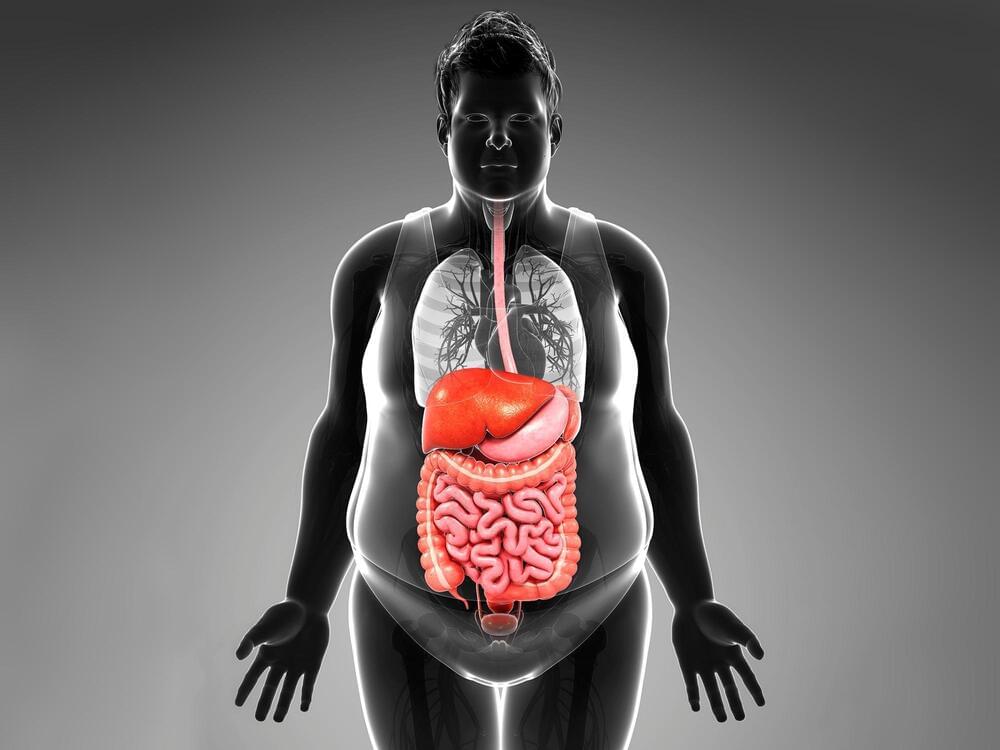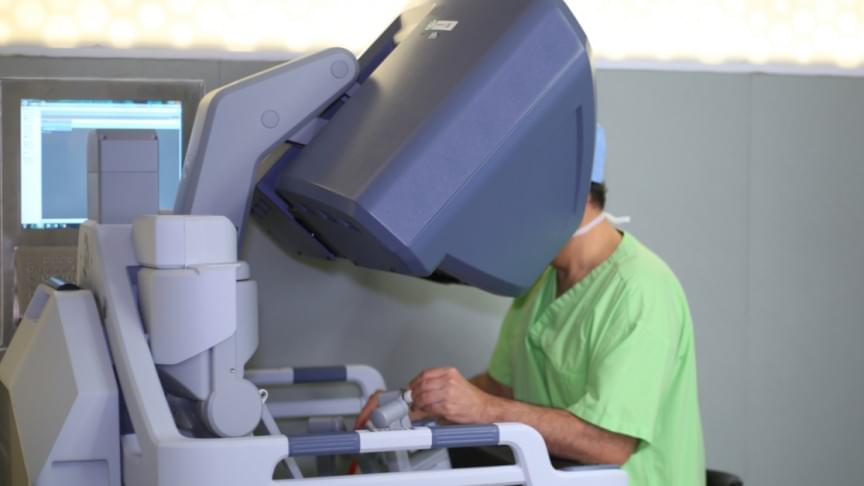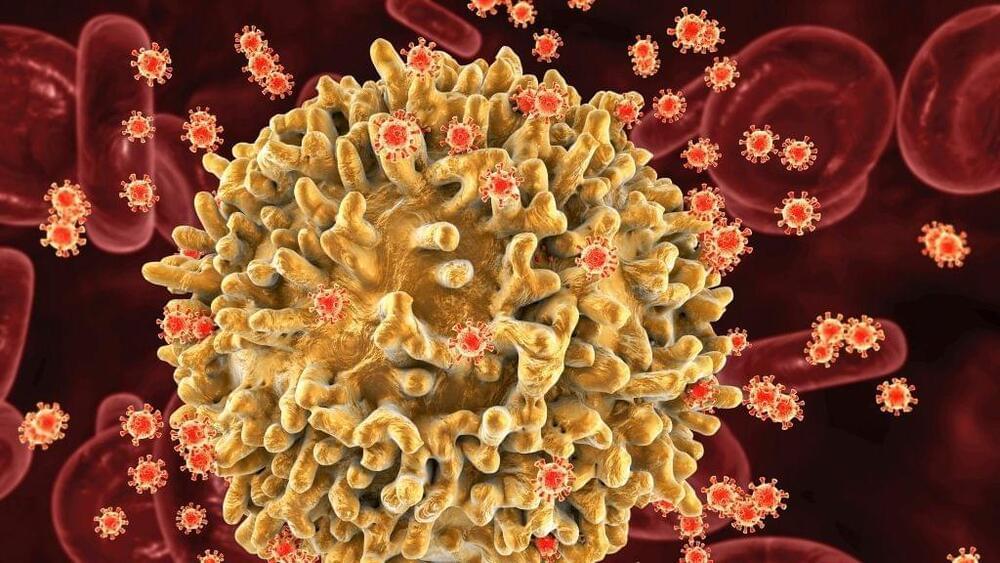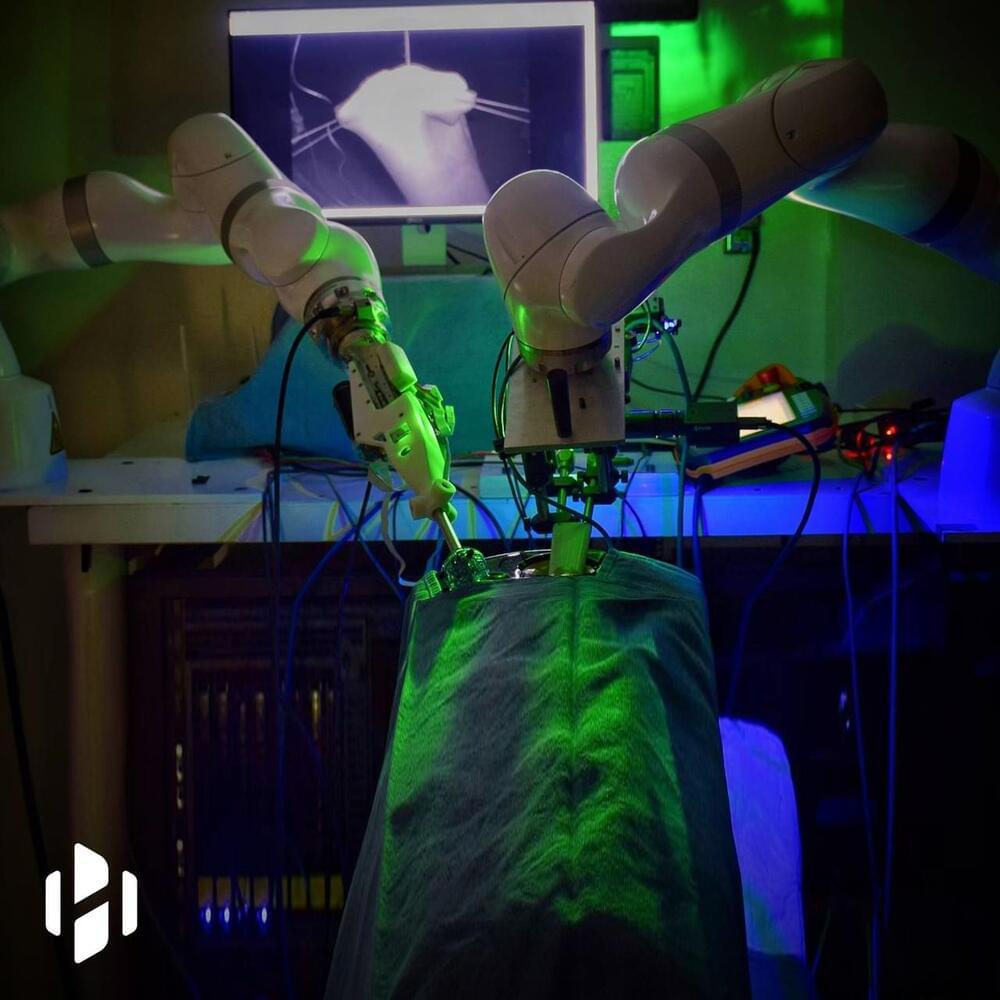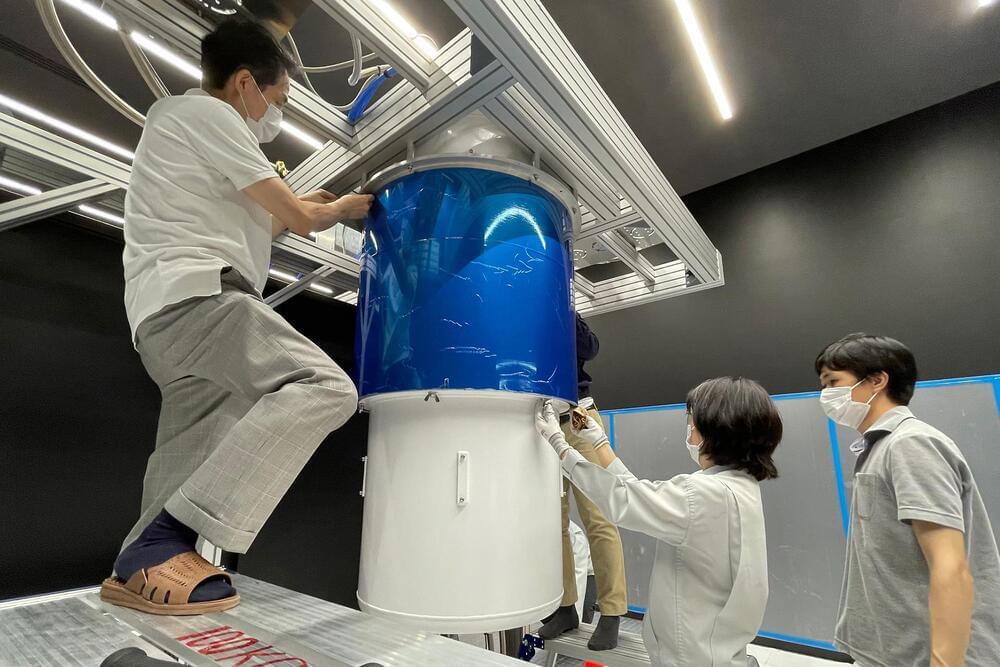For children suffering from rare diseases, it usually takes years to receive a diagnosis. This “diagnostic odyssey” is filled with multiple referrals and a barrage of tests, seeking to uncover the root cause behind mysterious and debilitating symptoms.
A new speed record in DNA sequencing may soon help families more quickly find answers to difficult and life-altering questions.
In just 7 hours, 18 minutes, a team of researchers at Stanford Medicine went from collecting a blood sample to offering a disease diagnosis. This unprecedented turnaround time is the result of ultra-rapid DNA sequencing technology paired with massive cloud storage and computing. This improved method of diagnosing diseases allows researchers to discover previously undocumented sources of genetic diseases, shining new light on the 6 billion letters in the human genome.

